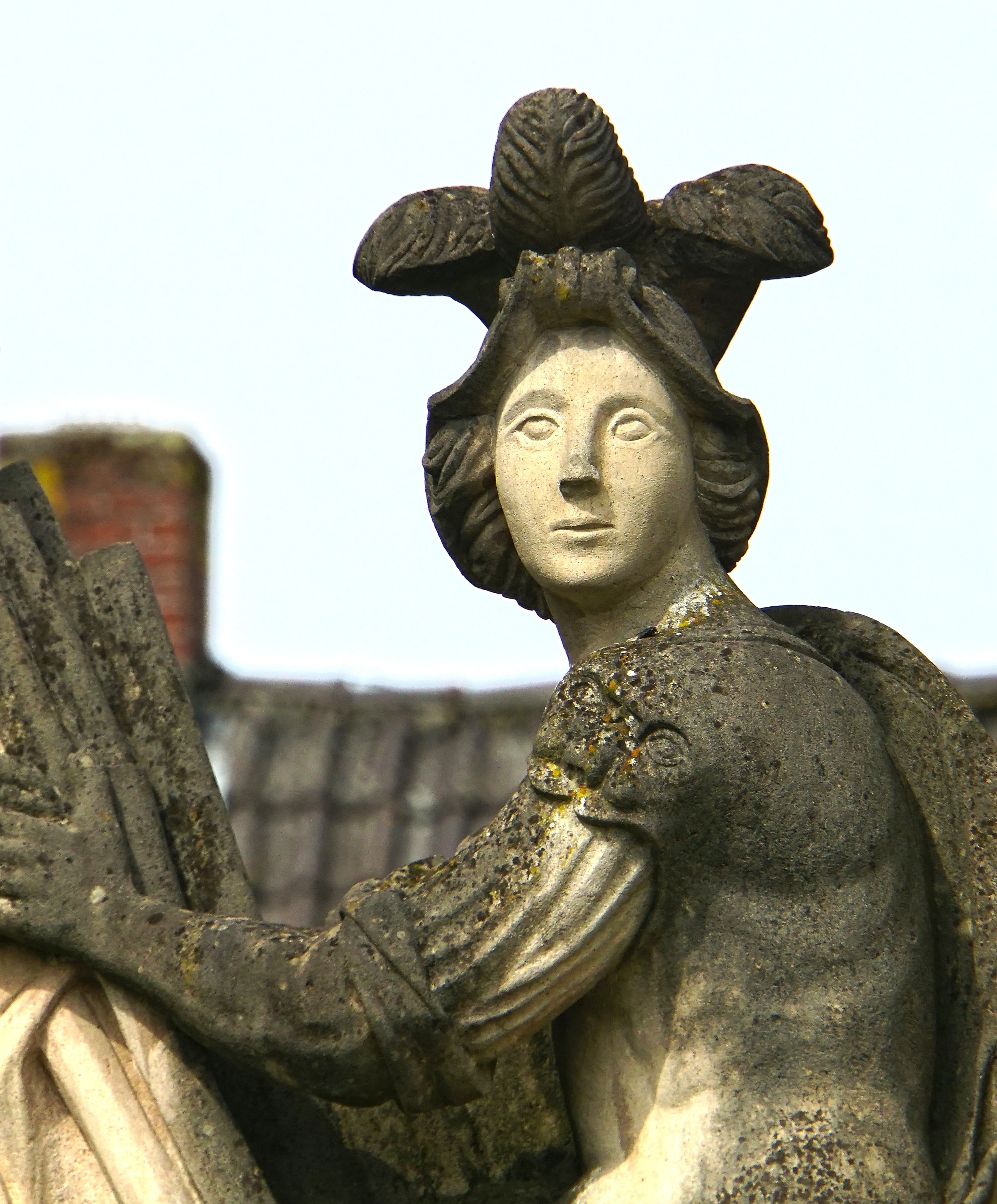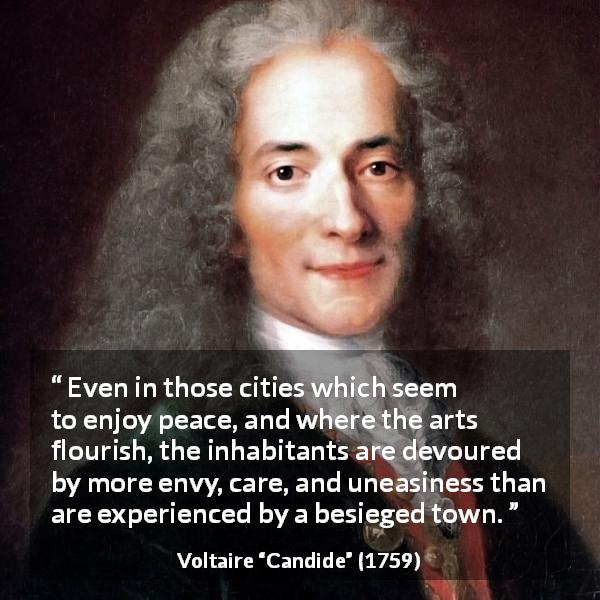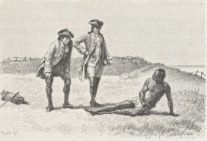
It’s odd but it fits the premise of the story. Candide, after hearing these stories, does become less optimistic and more disillusioned with the world around him but these stories of violence just don’t seem to impact the events of the story much. There is a lot of rape, mutilation and death in this story but it’s described so flippantly that it doesn’t really affect the artificially positive tone of the book. For Voltaire, El Dorado has streets covered with precious stones, a very funny king, and, perhaps most importantly, no priests.

I also always enjoy reading about El Dorado because I think the way in which this particular ‘utopia’ is described reveals a lot about the author, their society, and the ideals of the time. I think my favourite chapter was about El Dorado because Candide was returned to an isolated utopia, like the one he grew up in, but this time he had something to compare it to. From Westphalia to El Dorado, Candide just never stops moving, usually because he’s on the run from someone or something. The sheer number of locations that Candide travels to is perhaps my favourite aspect of the story. There’s a lot going on in this story and it’s fantastic. Voltaire also specifically mocks Leibniz and his ideas of optimism throughout the entire novella. Voltaire packs so much into this short novella, ridiculing all organised religion, theologians, governments, war, armies, and philosophers.


Thanks to Project Gutenberg, you can read an English translation of Candide for free. I’m not sure how different it is to the Penguin edition but, hey, it’s free! As he and his various companions roam over the world, an outrageous series of disasters befall them – earthquakes, syphilis, a brush with the Inquisition, murder – sorely testing the young hero’s optimism. But when his love for the Baron’s rosy-cheeked daughter is discovered, Candide is cast out to make his own fortune. Summary: Brought up in the household of a German Baron, Candide is an open-minded young man whose tutor, Pangloss, has instilled in him the belief, inspired by Leibniz, that ‘all is for the best in this, the best of all possible worlds’.


 0 kommentar(er)
0 kommentar(er)
